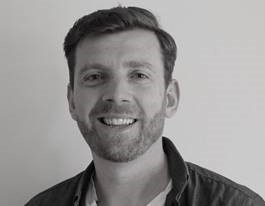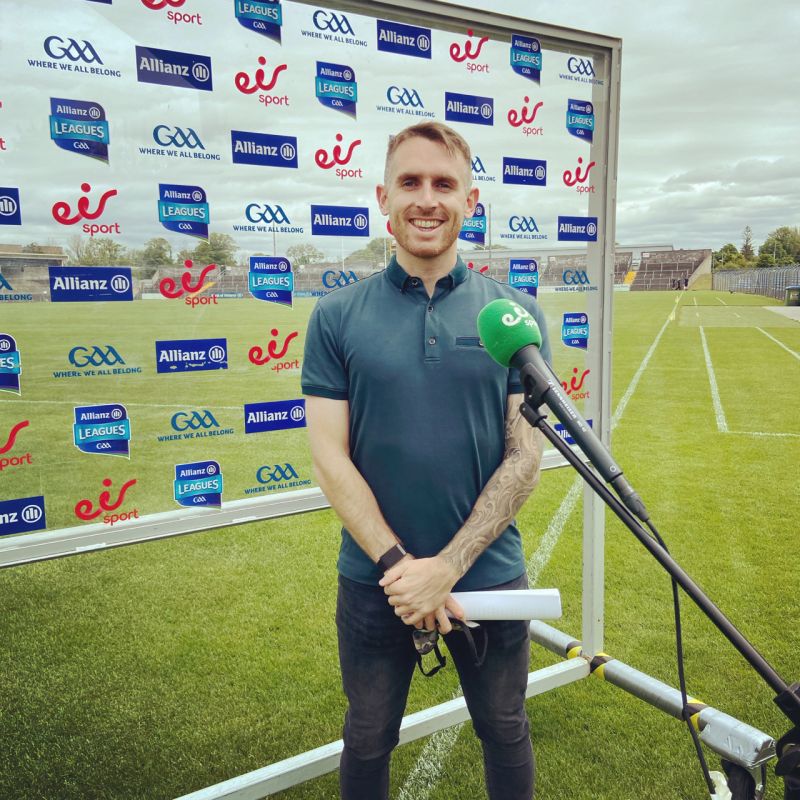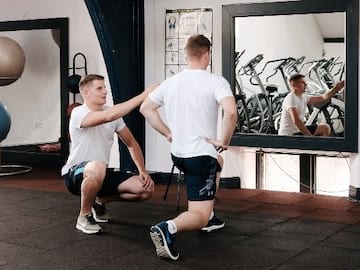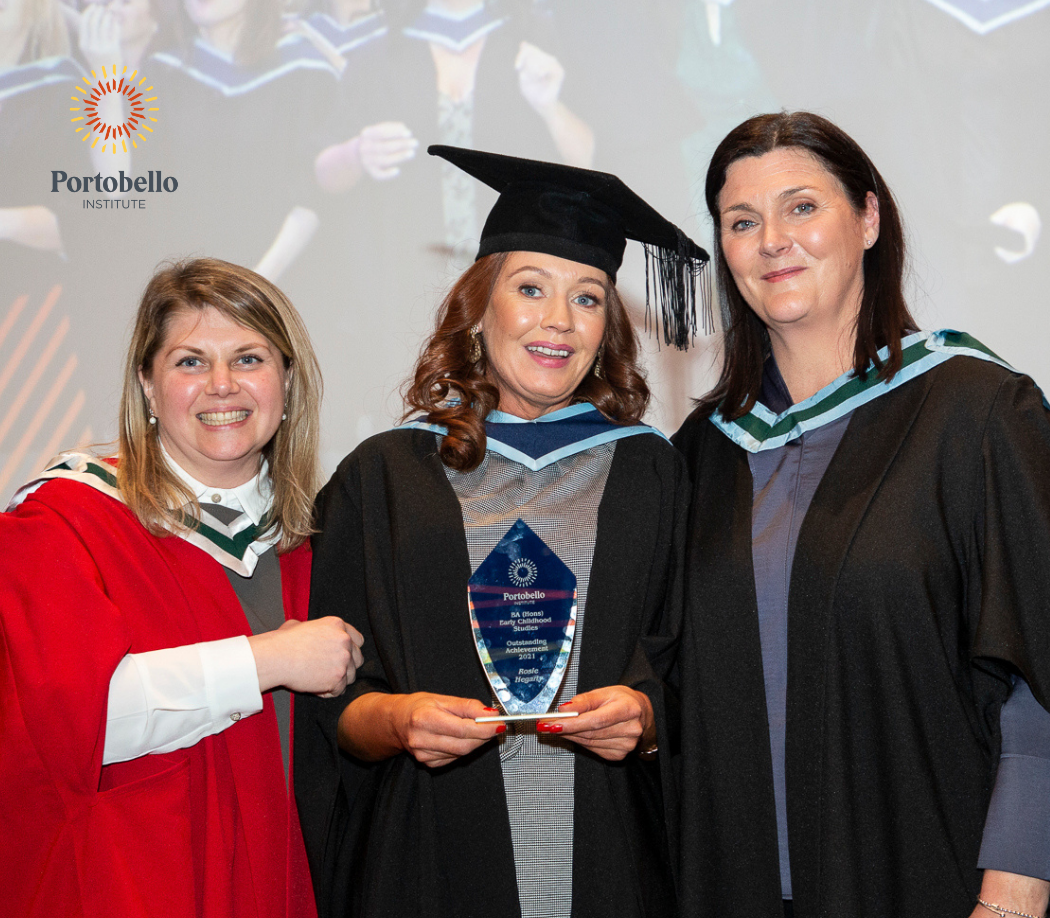Alan Whelan
Sports
Alan Whelan is a Portobello Institute lecturer who worked in psychology away from sports before moving into sports education. Cathal Brady was a Portobello student before becoming a lecturer. Barry Roe underwent a late career change to become a sports lecturer.
Alan Whelan?
Alan Whelan did all three.
“The big thing for me is I put off going back to full-time education. I sat in a job for six years, six out of 10 years that I knew I didn’t like it…I put off for years making that jump. And that’s always something I say to a lot of people, just go and chase what you want to do.
Even if it’s a mistake you won’t regret it.”
It wasn’t a mistake for Alan. He was 36 years of age when he first walked through the doors at Portobello Institute. Fearing that he would be the oldest student in the class, he’s familiar with how mature students feel when they now walk into his lectures.
Fortunately for Alan, his class was diverse and he wasn’t even the oldest student in the class. He almost proudly noted that another student was six months older than him.
Many of our sports students come back to education later in life because they weren’t pushed towards a career in sports when they left school. Despite being an intelligent student and a sports-obsessed teenager, the adults in Alan’s life guided him towards a more traditional college and career choice.
Real estate and corporate finance made up most of Alan’s next 18 years.
The day-to-day monotony of going into school to study subjects he had no interest in was replaced by the day-to-day monotony of going into an office and doing the same work over and over again.
“That mundane 9-5, sitting in a desk in front of a computer in that kind of corporate world was just killing me. It was boredom, it was monotonous. It was the same thing day in day out with little gratitude.
It was my wife who pushed me. She said ‘Look, you’re clearly not happy. Go and take the risk and do it’…I completely packed in my job, I was a couple months shy of 10 years working there.”
Had Alan reached the 10-year milestone, he could have earned an extra five days off each year. That was the only thing driving him to stay in work, the opportunity to get out of work. Instead of getting that five days off, he took three years off and studied the Sports Science and Physical Education degree at Portobello Institute.
“When I gave up my full-time job, I had a little bit of savings behind me. My idea was I was going to completely stop working and I was going to focus on year one of the degree, then with the potential of getting some part-time work in year two and three to help.
But I actually ended up not working for the entire three years.
I remember I used to say to people ‘I have never been so broke in my entire life but I’ve never been as happy as I am now.’”
That happiness extended further when Alan travelled up to the University of Ulster in Belfast to do his master’s in sports psychology.
Dr. Susan Giblin had noticed Alan’s enthusiasm for his education in sports. She also noticed how impressive his dissertation was before offering him the opportunity to become a lecturer at Portobello. Alan took all of five seconds to realize it was a great idea.
“I’m enjoying it a lot more than I thought I would. It’s more freedom [compared to my previous jobs]…Now I’m working in Portobello and I set up my own psychology business last February.
It’s night and day the difference, particularly in relation to my own happiness.”
Having followed the path from uninterested secondary school student to college dropout to staying in the wrong career for more than 10 years, Alan can empathize with all of his students. Those students who have experienced that office depression can listen to him outline what his job is now and where he works.
He is no longer chained to an office for eight hours a day. Instead, he can work from home, can work in a sports hall, a classroom, on a field, in a locker room or, if he suddenly gets the urge, he can go and work in an office.
But working in an office would now be a choice he makes rather than something he does out of necessity.
That is because of the education he received at Portobello Institute and the decisions he made to take risks in pursuit of what he wanted.
Alan himself notes that he’s a happier person now, which makes him a more effective lecturer. He loves engaging his students and guiding them towards where they want to go.
“I am a very open and approachable tutor. I believe in a student-centred approach to learning, with student engagement and discussion at the heart of every lecture.
A firm believer in the benefits of effective goal setting, engaging in reflective practice and practical application, I employ a number of sport psychology related skills into the education setting to ensure all students maximize their potential for learning.”










